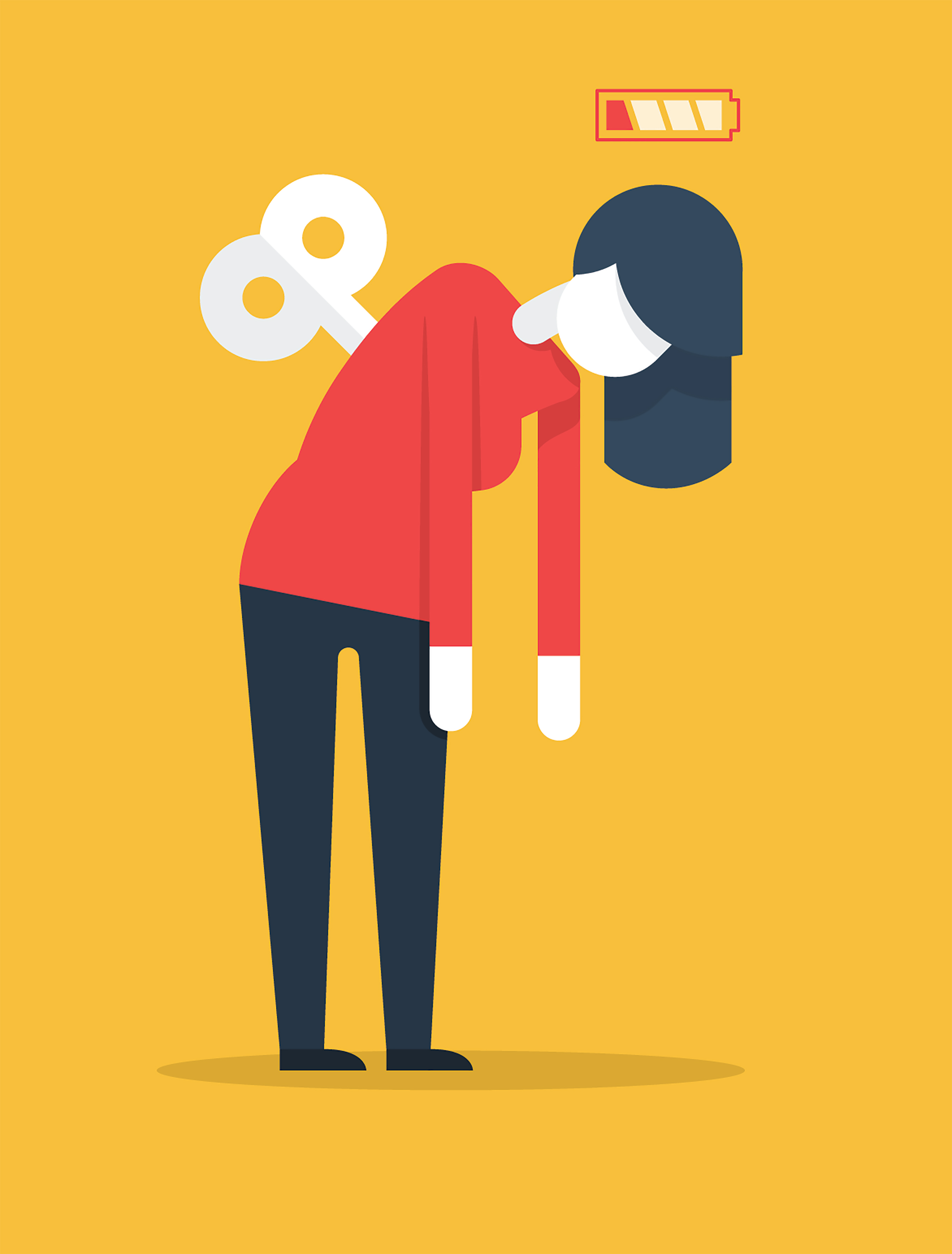By Tabina Rashed and Rita Musanti, PhD, APN-BC

What is cancer-related fatigue?
Cancer-related fatigue (CRF) is a common side effect resulting from various cancer treatments. Cancer-related fatigue is seen in 80-100% of individuals with cancer. It is different from regular fatigue in which individuals have a lack of energy which can typically be solved by good rest. Cancer-related fatigue is often not easily relieved by rest. Individuals describe this fatigue as feeling physically tired as well as emotionally and mentally tired. Cancer survivors can develop CRF during treatment or after treatments are done, and it may be present for weeks, months and in some cases years after treatment is finished.
What causes cancer-related fatigue?
The specific cause of cancer-related fatigue is still not known, however it has been found that different types of treatments for cancer, the cancer alone, or recovering from surgery are various causes. Cancer treatments may change the levels of hormones and proteins in the body resulting in inflammation, which can cause feelings of fatigue, similar to how one feels when they are sick with a cold or the flu. Other side effects of treatment or the cancer can complicate and make the feelings of fatigue worse. These effects include anemia, insomnia, and changes in nutrition.
How can it be managed?
Though there is no specific medication that can treat or cure cancer-related fatigue, individuals can manage the issue through engaging in physical activity, changing to a healthier diet, as well as taking proper care of one’s mental health and reducing stress. Although it may seem like it would make it worse, many research studies have proved that movement and exercise can reduce the feelings of CRF. Exercise and physical activity can also help with sleep and overall feelings of well-being.
“Cancer Fatigue: What It Is, Causes, Symptoms & Treatment.” Cleveland Clinic.
“Managing Cancer-Related Fatigue with Exercise.” Memorial Sloan Kettering Cancer Center

